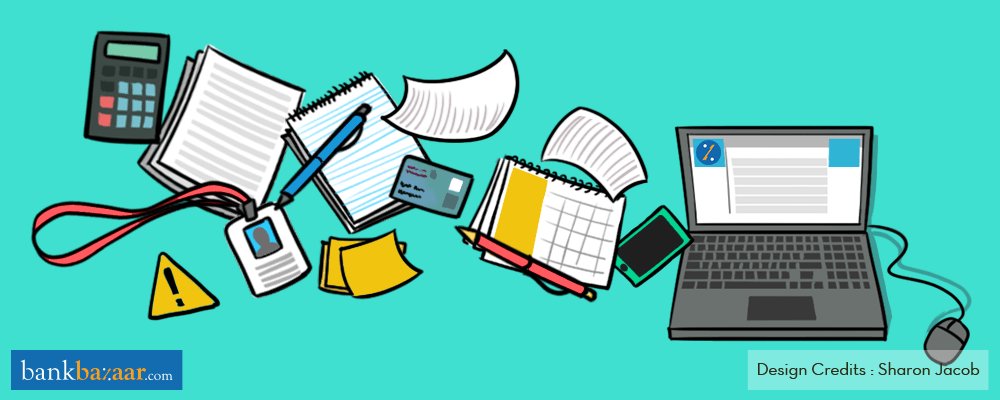Coming up with a solid budget should be one of your top financial priorities. However, here are a bunch of budgeting no-nos that you’d do well to avoid if you want to stay on track financially.

Regardless of your financial situation, budgeting should be an absolute priority if you want to achieve your financial goals, both short-term and long-term. Whether you’re looking to make the most of your monthly income to tackle everyday expenses or whether you’re looking to save money for a hedonistic month-long holiday, drawing up a solid budget will definitely hold you in good stead no matter what you plan on achieving from a financial standpoint.
Even if you’re trying to tackle loan or Credit Card debt on a monthly basis or build an emergency fund for unexpected financial drawbacks, budgeting can help you circumvent any potential pitfalls along the way without having to scramble for funds at the nth hour.
Additional Reading: On A Tight Budget? Why Worry When You Can Pay EMIs?
However, there are certain budgeting mistakes that you would do well to avoid when drawing up a budget. Here are some definite budgeting no-nos that you should sidestep at all costs:
-
Not Tracking Your Monthly Expenditure
One thing you need to keep in mind before formulating a budget is to keep track of your expenses for at least a month so that you get a fairly accurate estimate of what you spend every month and how much you spend on what.
There’s no point setting a budget if you’re going to take a wild guess with regards to the amount you spend every month. By getting an idea of how much you spend on groceries, entertainment, clothing, bills, repayments etc. every month, you can draw up or even tweak your existing budget to help you divert your income more efficiently, thus helping you save more over time.
Additional Reading: How To Hang Out With Friends On A Budget
-
Not Budgeting For Retirement
Most people tend to not think about retirement simply because it seems way too far away to even bother too much about it. Well, even though you may be wet behind the ears as far as your career is concerned, budgeting for your retirement could be the best thing you ever did.
Ideally, you should be setting aside at least 15% of your income every month towards saving for your post-retirement years. Whether this is in the form of investments such as Fixed Deposits, PPF, RDs or other savings schemes, it is important to not only keep one eye on your retirement years but also make sure that this money grows exponentially over the years so you can comfortably hang up your boots. Trust us! You won’t regret it when the time comes!
Additional Reading: Ridiculously Easy Investment Plans For Every Budget
-
Not Budgeting For A Rainy Day
Drawing up a budget for your monthly expenses is all fine and dandy, but you need to also make sure you allocate a certain amount of your income to create a financial safety blanket for yourself. You really don’t want to be running from pillar to post looking for funds in case you come face to face with a crippling financial emergency that threatens to literally take the clothes right off your back.
Ideally, an emergency fund should amount to at least six months of your monthly income, if not more. This amount should tide you over in case of any financial emergency and keep you from dipping into your savings and investments.
Additional Reading: A Vacation Spot For Every Budget
-
Going Solo
One of the biggest no-nos to avoid when coming up with a budget is thinking you can do it all on your own. While there’s nothing wrong with attempting it by yourself and learning through trial and error, but getting assistance from a financial advisor or even a family member or friend who has experience with budgeting, you could save a lot of time and money in the long run.
By getting valuable advice on how to go about drawing up your budget as well as the nuances of budgeting, you could reach your financial goals in a more organised and efficient manner. In fact, you could make use of the myriad of budgeting apps out there that help you track your expenses and give you valuable budgeting pointers.
Additional Reading: How To Plan A Girls Trip With A Scanty Budget
There you have it! We hope you keep these tips in mind when coming up with your budget. This will also help you identify any leaks you may notice in your budget over time and help you plug and rectify them before they get out of control.
Looking for great financial products that can help you save and invest your hard-earned income. Well, fret not! You’ve come to the right place!